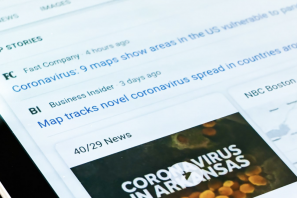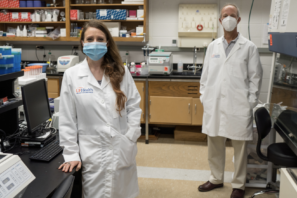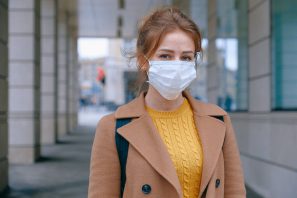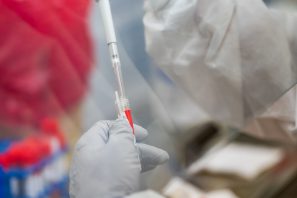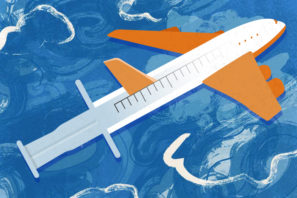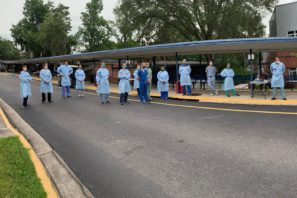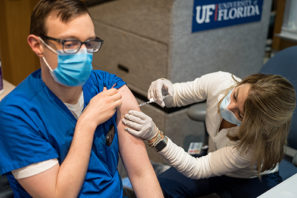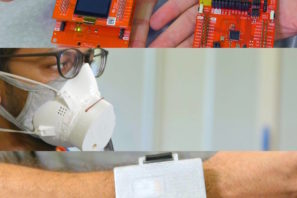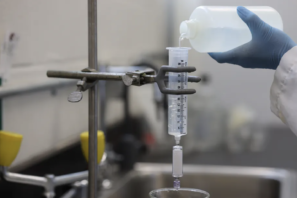Dr. Yan Wang received a grant from the National Science Foundation to study misinformation and risk communication during the coronavirus pandemic.
Superfast, portable COVID-19 testing method detects the virus much faster than currently available methods.
Three common antihistamine medications have been found in preliminary tests to inhibit infection of cells by the coronavirus that causes COVID-19.
UF Virologist and public health expert John A. Lednicky explains how bad the outbreak might become.
The mortality rate of the COVID-19 pandemic has altered the standard process of drug development, amplifying the need for lifesaving treatment and marking the start of the sprint toward a cure or gold standard treatment.
In a nationwide online survey, 74% of Americans who traveled for leisure said they were motivated by travel to get a vaccine.
UF researchers ask how knowledge, attitudes and behaviors regarding the COVID-19 pandemic may affect infection rates, and the mental health, of children and their parents.
The leading COVID-19 vaccines aren’t anything like the polio vaccination your grandparents received — or even the flu shot you got this fall.
A wristband that tells kids when they’re too close together at school. A wearable that detects a possible COVID infection before you feel sick.
Imagine discovering an animal species you thought had gone extinct was still living – without laying eyes on it. Such was the case with the Brazilian frog species Megaelosia bocainensis.
The COVID-19 pandemic has brought about an explosion in telehealth, but is it as effective as in-person treatment? A UF study looks at the "why" and "how."
The number of American travelers who said domestic air travel should be avoided increased from 32% to 43% in three weeks, according to a new survey.

